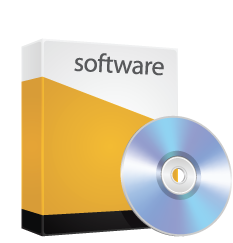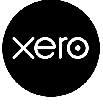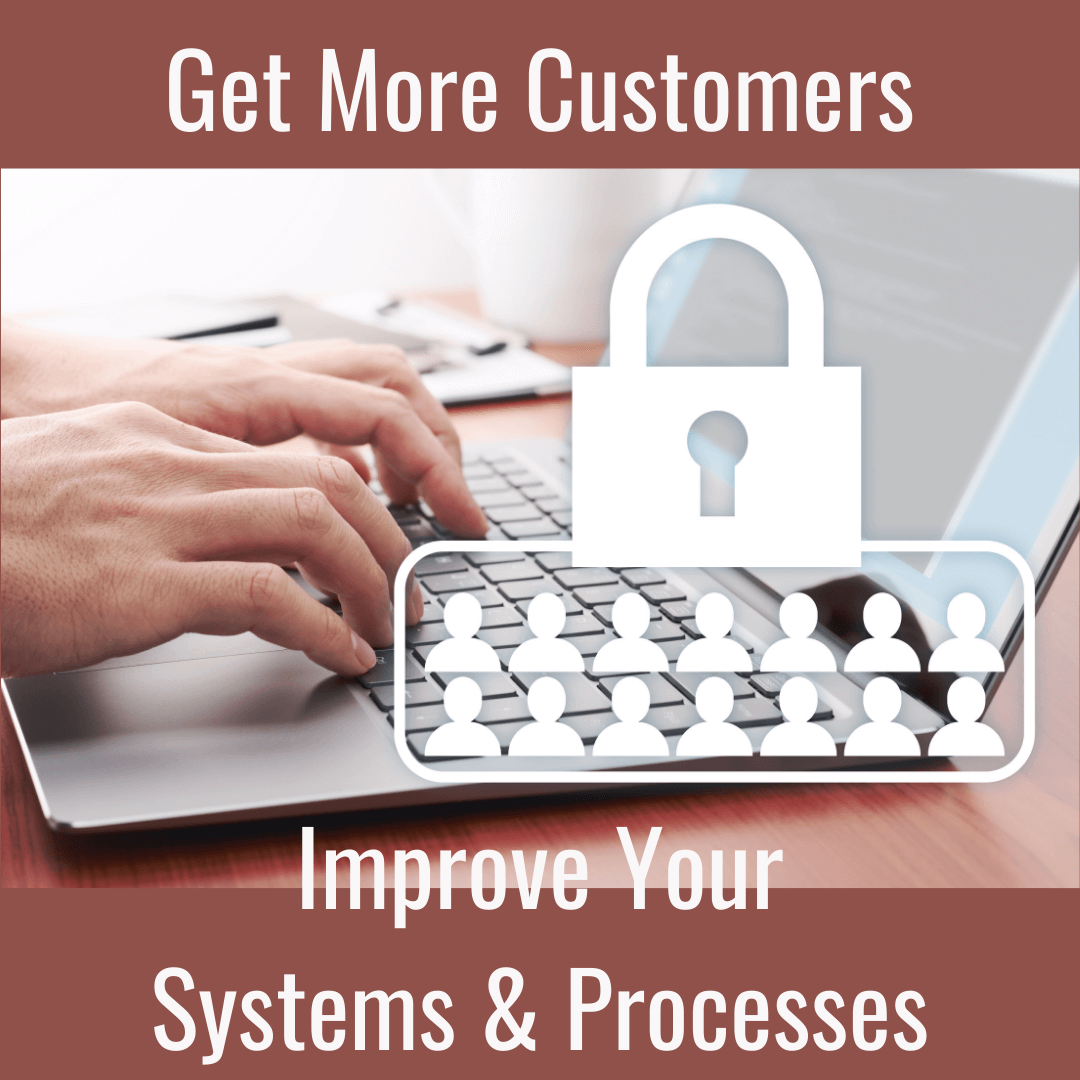What Software Do You Recommend For My Start Up Business?
Your choice of accounting software is a very important business decision. We actually describe it as one of the foundation stones in your business. Together with the right business structure and appropriate insurances they are the foundations of a solid business.
Before you select an accounting software program you need to answer three critical questions starting with - What are your business needs? Does your business simply need basic bookkeeping software that lets you record your receipts and payments and produce a GST report that mirrors your Business Activity Statement? Do you also want the software to prepare your Tax Invoices, track your outstanding debtors and produce monthly customer statements?
Most of the entry level accounting programs include these features but if you also want to track your creditors and suppliers you need to move up to the next level. Of course, if you’re a retailer and need inventory management your software options change yet again. If you need a point of sale scanning solution or a job costing function then your options narrow. If you have employees we encourage you to add the payroll module and if you want to produce your own financial statements with a full blown general ledger system then your software options change yet again.
With software, one size does not fit all.
The second key question is - Do you want to use a cloud based software subscription service where the software is hosted on the internet and you pay a monthly fee or do you want to use a traditional software package that you buy outright and then load on your desktop computer or laptop?
With Cloud based programs the key benefit is you have access to your data anywhere, anytime via the internet. This means you can share your file in real time with your accountant or bookkeeper and it eliminates the need for back-ups and emailing data files. Cloud based packages use bank feeds to minimise data entry and processing time plus you also have access to the latest version of the software at all times. It all sounds wonderful but not every cloud has a silver lining. It can be significantly more expensive and you no longer own the software while some people have concerns about data security in the cloud. Personally, we believe cloud accounting is the future and the pros far outweigh the cons.
The final question in the software selection process is what level of accounting skill do you have? There’s no point having an accounting program if you don’t know how to use it. Some double entry programs with all the bells and whistles are complex and without the skills or training you’ll simply produce what we call a ‘computerised shoebox’. Sadly, the mismatch of skills and accounting software has reached epidemic proportions in this country.
One you have answered all those questions it’s time to choose your accounting software.
To help you decide what accounting software is right for your business, we will examine some of the most popular accounting software programs on the market in Australia starting with the simplest, Cashflow Manager. This is a single entry program that requires no knowledge of debits, credits or double entry accounting concepts. It has a spreadsheet or column layout so it looks like a manual cashbook on the screen and the basic version also lets you generate tax invoices and produce customer statements. There is also an add-on module for payroll (Wages Manager) that includes suppliers and creditors. The basic version comes in both a cloud and traditional desktop format.
From there we take a step up in functionality and complexity. Software vendors like MYOB and Reckon (which was formerly known as QuickBooks in this country) have a range of programs including cloud based packages. They are both double entry accounting programs that have cloud based and desktop versions. Their functionality is very broad and the monthly subscription fee depends on what features you require. They have add on modules for payroll and point of sale solutions for retailers.
 Next let’s look at programs that are exclusively cloud based like Xero and Saasu. Both have a multitude of add-on features like job costing, inventory and point of sale and the monthly subscription fee is based on the level of functionality you require. The beauty of these programs is as your business grows you can add the features you require but being double entry accounting programs you will need some accounting knowledge or training to use these programs. Being cloud based, your accountant can have access to your data in real time and you always have access to the latest version of the software.
Next let’s look at programs that are exclusively cloud based like Xero and Saasu. Both have a multitude of add-on features like job costing, inventory and point of sale and the monthly subscription fee is based on the level of functionality you require. The beauty of these programs is as your business grows you can add the features you require but being double entry accounting programs you will need some accounting knowledge or training to use these programs. Being cloud based, your accountant can have access to your data in real time and you always have access to the latest version of the software.
In summary, before you make your software selection you need to identify your business needs and then decide if you want a cloud based subscription service or a traditional software solution that you own and load on your computer. Finally, and probably most importantly, you need to then factor in your level of accounting skill. The final step is to then choose what accounting software best suits your business.
Your choice of accounting software is a very important decision and there are a multitude of other programs to consider like BankLink and Freshbooks just to name a few. Price is another issue but the wrong choice can prove a financial disaster. Feel free to talk to us today about your options as our mission is to help you minimise the time and cost associated with bookkeeping and BAS preparation.
OTHER QUESTIONS IN THIS SERIES:
- What Steps are Involved in Starting a Business
- Do I Have to Register for GST?
- What Tax Records Do I Need to Keep for My Business
- What Is a Business Activity Statement?
- What’s the difference between an ABN and an ACN?
- Do I have to include GST on my Invoices?
- What Software do You Recommend for My Start-Up Business?
- How Much Tax Do I Pay?
- Can I claim my motor vehicle expenses?
- What Do I Need to Do When I Employ My First employee?
- What’s the most appropriate tax structure for my business?
- Are You Small Business Experts?
- How Much Do You Charge?
- How Do I Change Accountants?













